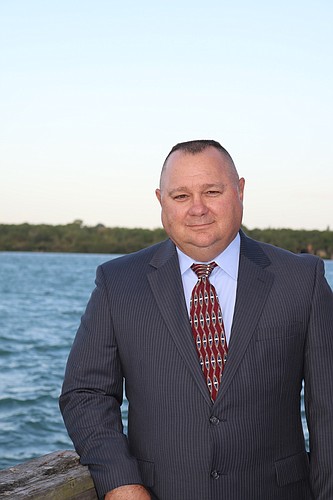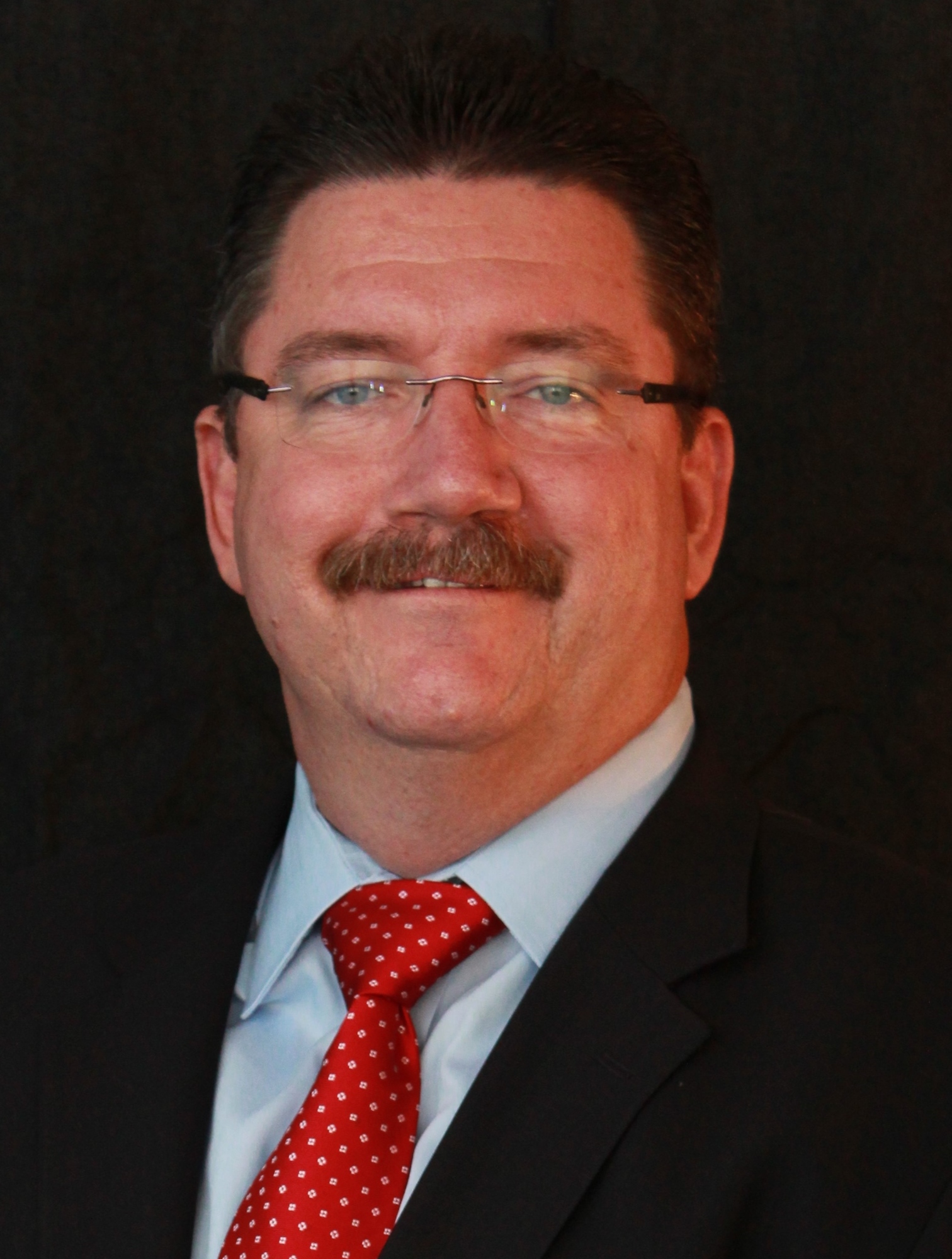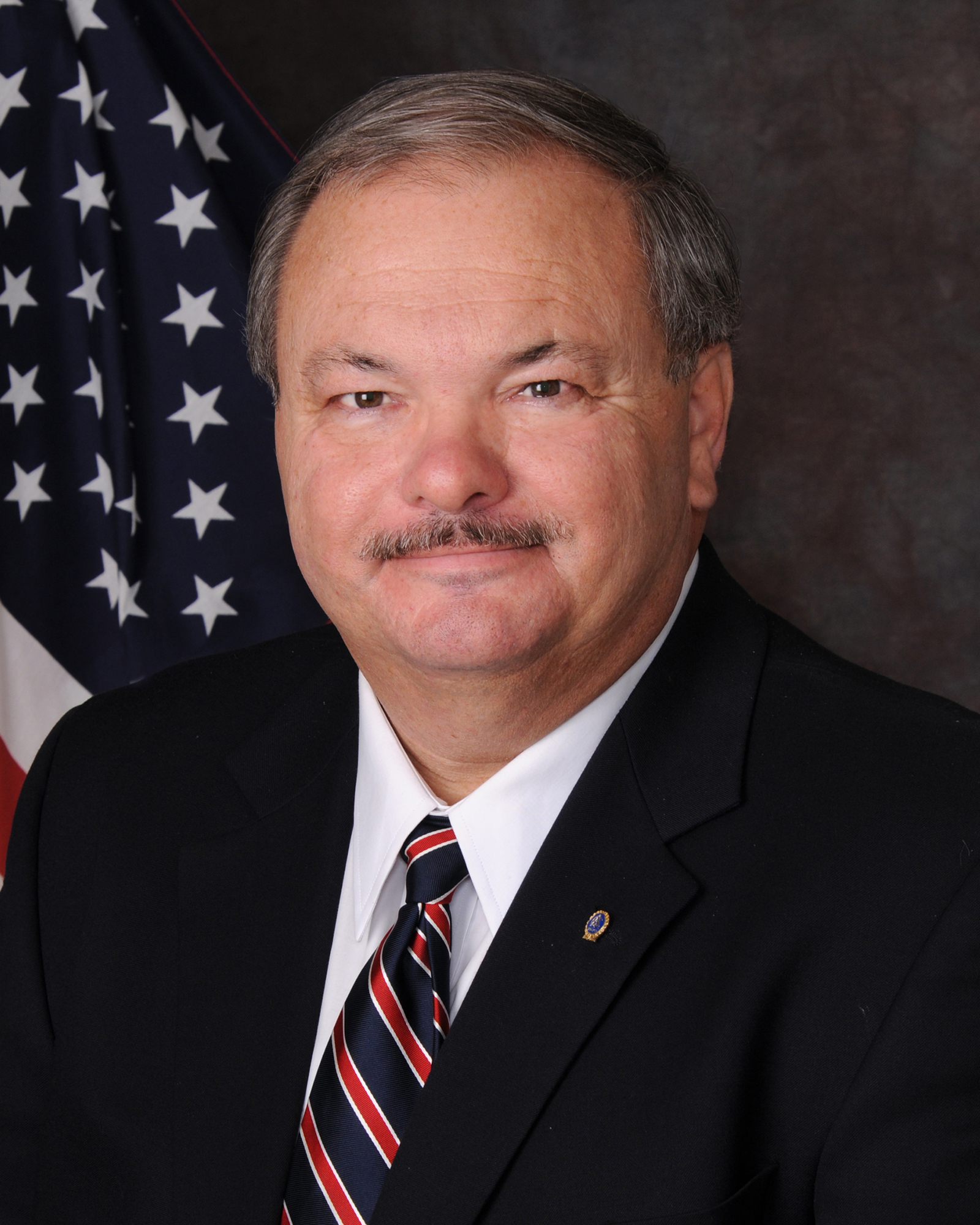- December 25, 2024
-
-
Loading

Loading

Pro tip: If you find a potato chip under your car tire, it might have been put there on purpose.
Mark Steel, a private investigator and the owner of Sarasota Discreet Investigations, says the potato chip trick is just one tool in the private investigators’ toolbox. Methods like that have always been useful — even more so in the pandemic.
In recent months, investigators statewide have faced some unique challenges. People have left home less frequently, which means surveillance assignments can take a lot longer. Steel might have to watch a house for eight hours before someone comes out, for instance. One way to get around waiting that long, he says, is to tape a thread to both sides of a gate or door or put a potato chip under a car tire. If the thread or potato chip breaks, someone has left.
Tricks like that — plus years of experience solving cases — is what makes private investigators invaluable to a variety of clients in Florida, from law firms and corporations to individuals. In a business where reputation and experience come into play every day, successful private investigators rely on good-old-fashioned customer service — think answering the phone when it rings — and boots-on-the-ground surveillance.
Although more information is available online now, private investigators throughout the region remain in demand, providing services ranging from corporate fraud investigations to classic “cheating spouse” surveillance. Today, Florida has more than 7,000 licensed private investigators and about 2,200 agencies.
Although the modern world of private investigation might not look like a scene out of a 1940s black-and-white movie, investigators share some similarities with detectives portrayed on the silver screen. “It’s not that sexy, but it still has some aspects of that,” says Randy Boyd, the owner and lead investigator of Sarasota-based Boyd Investigative Group. PIs go out and do surveillance on people, and they solve cases for clients who come to them desperate for help. That part is true.
Richard "Rick" Root, the owner and president of Delray Beach-based Richard Root Investigations, has served as president of the Dunedin-based Florida Association of Licensed Investigators since 2017. The association has more than 600 members, making it the nation’s second largest private investigators organization, after California.

“We are very involved in legislative issues,” Root says. The organization has a lobbyist and is working on legislative changes, so PIs wouldn’t have to pay sales tax. Previously, the organization has been instrumental in changes in laws related to firearms and window tints. The association also hosts training programs, area meetings and an annual conference. “Keeping our members engaged and educated is extremely important in this business,” Root says.
Along with education and advocacy, the association works to educate the public about private investigators. “People have this mental image of what a PI does,” Root says. “We snoop — that’s our job — but we don’t do it in a creepy way.” Investigators’ backgrounds have been checked, they’ve been fingerprinted, and they have to have a license through the Florida Department of Agriculture and Consumer Services Division of Licensing, he says. “We try to improve our image every time we get a chance to speak to the general public.”
Prior to starting Boyd Investigative Group, Boyd served with the Sarasota Police Department for 27 years. He was a detective for several years, making a private investigation firm an easy transition. Now, as a private investigator, he works with two other men who previously served in the department, along with a man who retired from the FBI. “We bring a lot of knowledge and experience to the table,” he says.
Boyd, a fourth-generation Sarasotan, offers active shooter and workplace violence training, but the pandemic has put a damper on that line of work. He also helps clients who have been taken advantage of, such as one case where a woman befriended a man who told her he could get her a great deal on MLB memorabilia. She gave him a large sum of money but never heard from him again. That’s where Boyd came in. He worked with law enforcement on the investigation, and ultimately, the man was arrested.

Like Boyd, Walter Zalisko, the president and principal investigator of Fort Myers-based Global Investigative Group, has a law enforcement background. Zalisko was a private investigator in New Jersey before starting his business in Florida. Prior to that, he was a police officer for more than 35 years, retiring as a police chief.
Zalisko has five investigators who work with him, and he focuses on cases involving personal injury, criminal defense, corporate fraud and background checks. Amid the pandemic, business increased because domestic violence, intoxicated driving and personal injury cases increased. The pandemic also led to his firm doing more background checks on renters for property managers. “These smaller agencies, they may find it a little difficult during the pandemic because they’re not well known and don’t have a proven track record,” he says. “We’ve been around for over 15 years and work with over 25 different law firms.”
One pandemic challenge? Conducting interviews. “We would have to do a Zoom interview,” he says. “A lot of time when interviewing, you want to see their body language, and you can’t do that over the phone or Zoom.”
Practicing attorney Mark Aubin, the owner of Tampa-based Top Gun Investigations, became an investigator when he wasn’t satisfied with the work investigators were doing for his firm. “It’s a lot more fun than practicing law,” Aubin says. “I really enjoy it, and gradually, over the last 12 years, I have paired down the law practice. I’m so busy with my private investigation firm [that] I don’t really have time to run a law office anymore.”
For Aubin, the name of his firm — Top Gun Investigations — has helped attract clients along with good Google reviews. But a key differentiator is his legal background. “I run my investigation practice like a law firm,” he says. Aubin, who serves as the Florida Association of Licensed Investigators’ general counsel, emphasizes ethics in his firm and operates as if under Florida Bar rules.
‘Self-help is never the way to go about it. You need to hire a professional. You don’t drill your own teeth. You go to a doctor. Don’t try to do your own investigation.’ Mark Aubin, Top Gun Investigations
One lesson he’s learned about bringing on new clients isn’t something most professionals face. Anonymity is critical to Aubin’s work, so he never shares photos of himself. He also doesn’t meet clients before he starts working on their case. That policy came about after a mistake — he met with a client only to have that client later unknowingly break his cover. He says, “I stopped meeting face-to-face with clients until the investigation is over.”
Aubin handles a lot of corporate insider theft cases, including one he’s working on now with a major air conditioning company. “It comes down to boots-on-the-ground surveillance,” he says. That’s one of the biggest challenges he faces as owner of an investigation firm — getting good surveillance agents. “Surveillance is a completely different type of activity, and you have to love it, and you have to be good at it,” he says. “Most people can’t do it. It’s challenging to sit in cars for six or eight hours.”
Beyond doing the tough assignments, Steel, with Sarasota Discreet Investigations, says one key to gaining new clients is simple: Answer the phone. “If it goes to voicemail, now you only have about two minutes to call them back,” he says. By the time people call a private investigator, they’re nervous and facing a situation so untenable that they’ve decided they need help. They also might have a narrow window of time when they can talk — the person they want investigated could be on their way home, for instance. Potential clients want an immediate call back.
Aubin, meanwhile, says it helps to be clear with clients about potential results. “There are no guarantees with anything under investigation,” Aubin says. “We’re basically intelligence gatherers — it is what it is. Oftentimes we find things that aren’t in the clients’ favor, or the client was mistaken, but that’s a successful investigation. The whole key to surveillance is you need to maximize the opportunities you can get to document the activity you’re suspicious about.”
One trick he’s learned for customer satisfaction is a matter of billing. “I don’t bill hourly,” Aubin says. “I’ve found they’re much more comfortable with a flat fee. They know what it’s going to be.”
Aubin sees demand for private investigators continuing in the years ahead. “I do know that knowledge is power, and information is crucial, and people have problems, and they need some answers,” he says. “Self-help is never the way to go about it. You need to hire a professional. You don’t drill your own teeth. You go to a doctor. Don’t try to do your own investigation.”